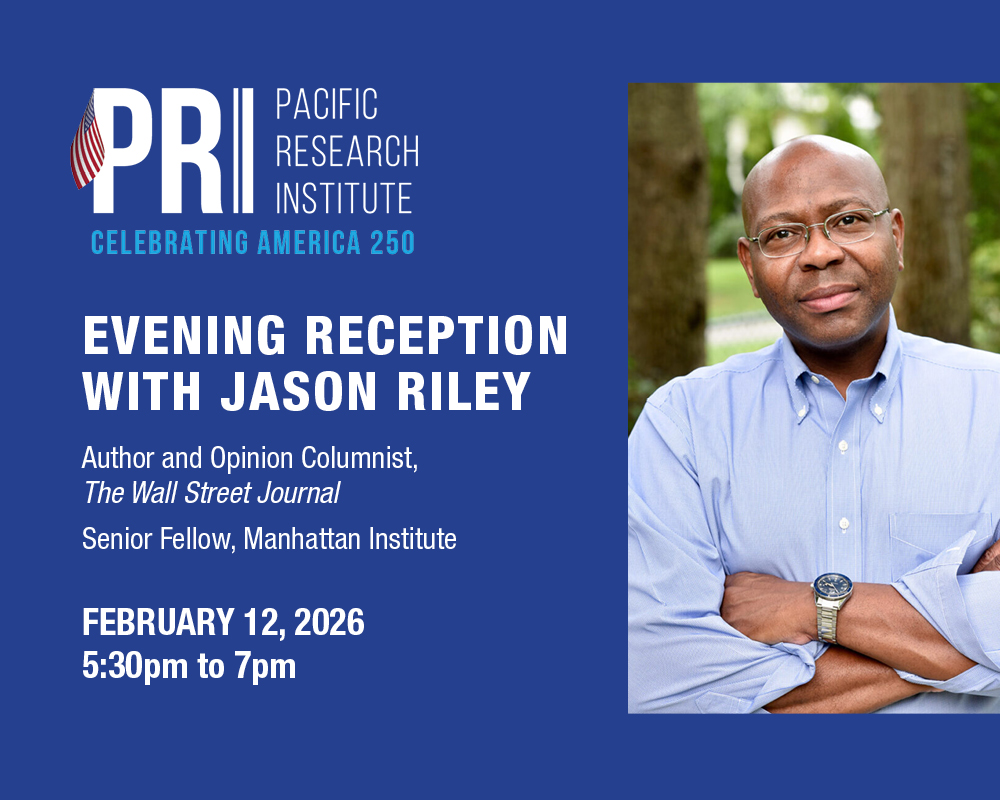Like in so many policy areas, California is going in the wrong direction when it comes to charter schools. But while Sacramento is making it hard for charters to grow, a new Harvard University study finds charter-school students are learning more than their regular public school peers.
Last year, the Legislature’s Democrat supermajority passed and Governor Gavin Newsom signed AB 1505, which gives local school boards new power to block proposed charter schools for a host of vague and open-ended reasons.
So, if a charter “is unlikely to demonstrably serve the interests of the entire community” or “would substantially undermine existing services, academic offerings, or programmatic offerings” or would “duplicate a program currently offered within the school district,” then the school board could turn down the proposed charter.
Many school boards will take advantage of such nebulous language to deny proposed charter schools, especially in places where children need them most.
Indeed, in school districts with financial problems, often the result of district fiscal mismanagement, the new law says that the rebuttable presumption is to deny a new charter school, which Governor Newsom’s office interprets to mean, “The presumption in those districts will be that new charters will not open.”
Sacramento, however, was not finished undercutting charter schools.
In August 2020, Democrat lawmakers passed SB 820, which defunds growing charter schools by funding not a charter’s actual fall enrollment number, but the lower number of students the school estimated would enroll. Thus, if a charter school estimated in its spring budget that it would have 400 new students in the fall, but 500 students actually enroll, the state would only fund the 400.
Further, SB 820 does not fund any new students at online charter schools, which deliver instructional services through distance-learning tools. Cutting off funding to these specialized charter schools in the midst of a pandemic where regular public schools are floundering to provide distance learning makes absolutely no sense.
It is ironic that as California impedes the growth of charter schools, new research shows that charter schools are successfully increasing the learning of students.
A September study by education researchers at Harvard University is the first of its kind to use nationally representative data to track changes in student achievement growth in regular public schools and public charter schools over time.
The study tracked cohorts of students taking the National Assessment of Educational Progress exams from 2005 to 2017.
Overall, the Harvard researchers found, “a larger increase in student achievement for students at charter schools than for students at district schools.” That increase translated to a “half-year’s worth of learning.”
African-American charter-school students made especially large gains.
“For African-American 8th-grade charter students,” the study found, average math scores improved by an amount “which was four times larger than for students attending district schools.”
In reading, average scores for African-American charter eighth graders improved by an amount “twice those of students attending district schools.”
“Given the importance of closing the Black-white test score gap, the much steeper upward trend at charters is particularly meaningful,” noted the study. Importantly, the study points out, “one in three charter students is African American.”
The researchers say that “improved teaching and learning environments in the charter sector account for most, if not all, of the improvement not explained by background characteristics [of students].”
Despite the higher student achievement growth of charter schools, the Harvard study makes a critical observation, which applies to states like California: “Given the rising achievement levels at charter schools, the slowdown in the sector’s growth rate cannot be attributed to declining quality. It is more likely that political resistance to charters is increasing as both the management and labor sides of the district sector become increasingly concerned that charters might prove to be as disruptive an innovation as the transistor.”
Gavin Newsom keeps saying his COVID policies follow the science. Yet, when it comes to charter schools, Newsom and Democrat lawmakers follow the teacher unions, and the science be damned.
Lance Izumi is senior director of the Center for Education at the Pacific Research Institute and author of the 2019 book Choosing Diversity: How Charter Schools Promote Diverse Learning Models and Meet the Diverse Needs of Parents and Children.


